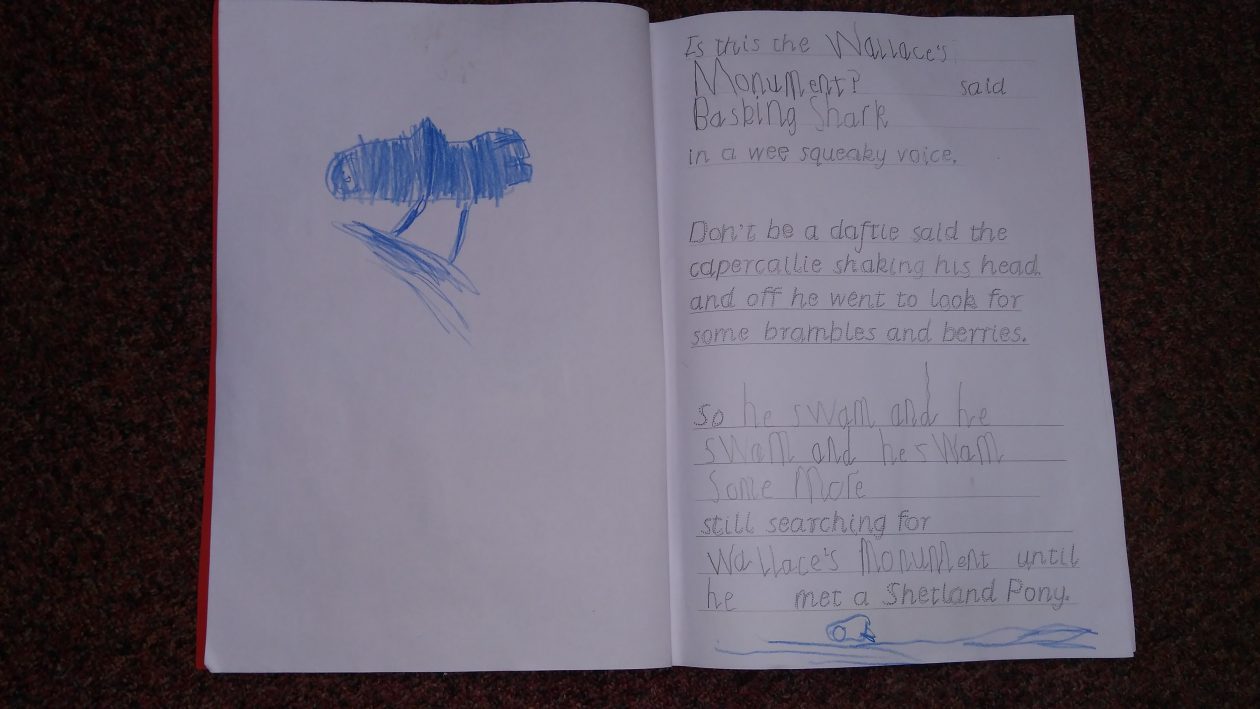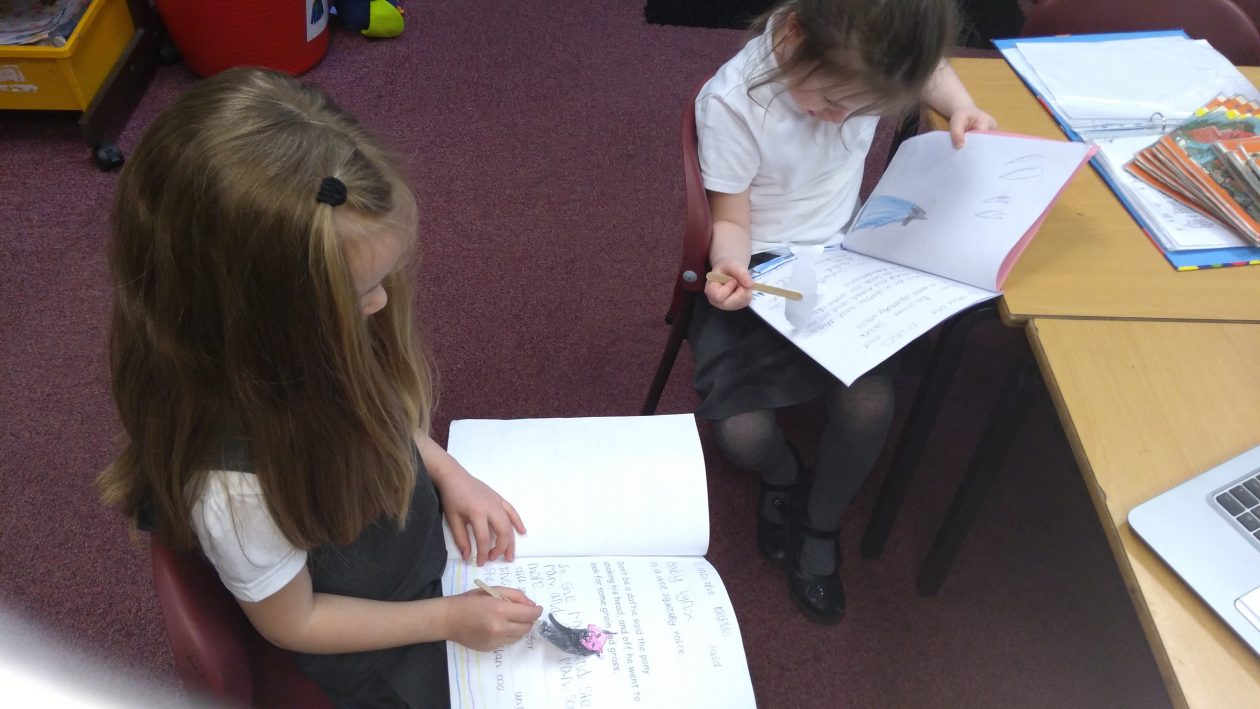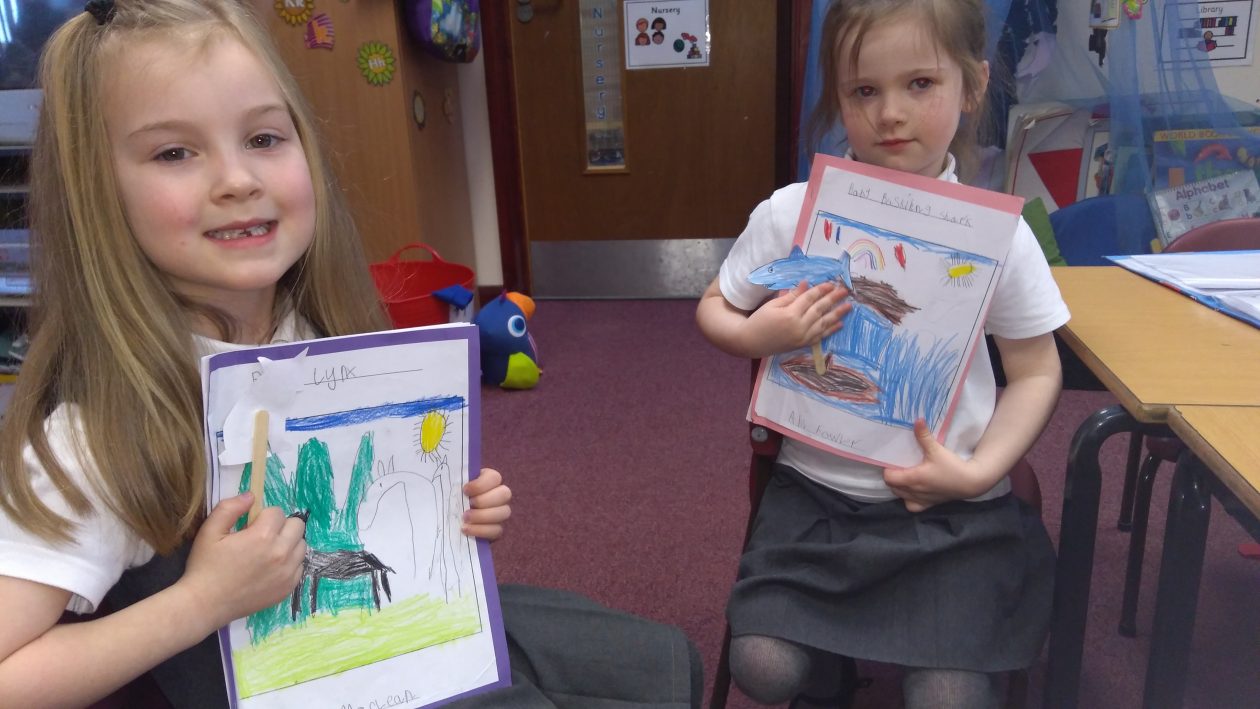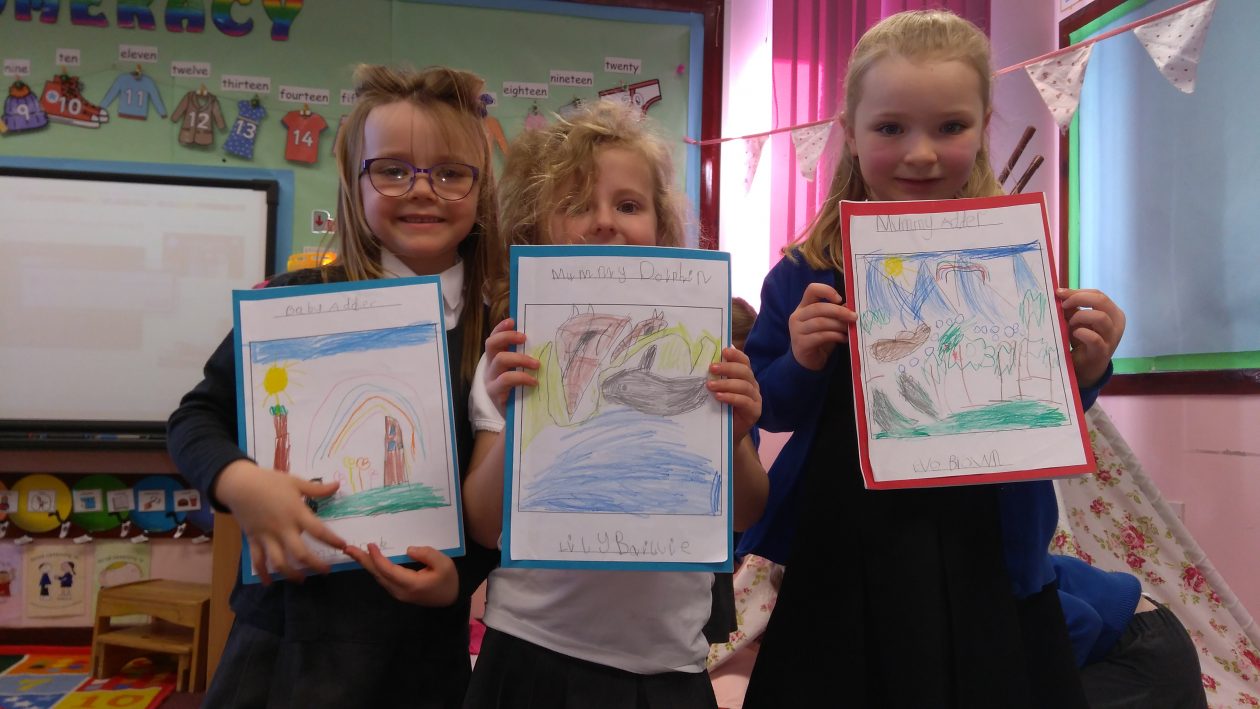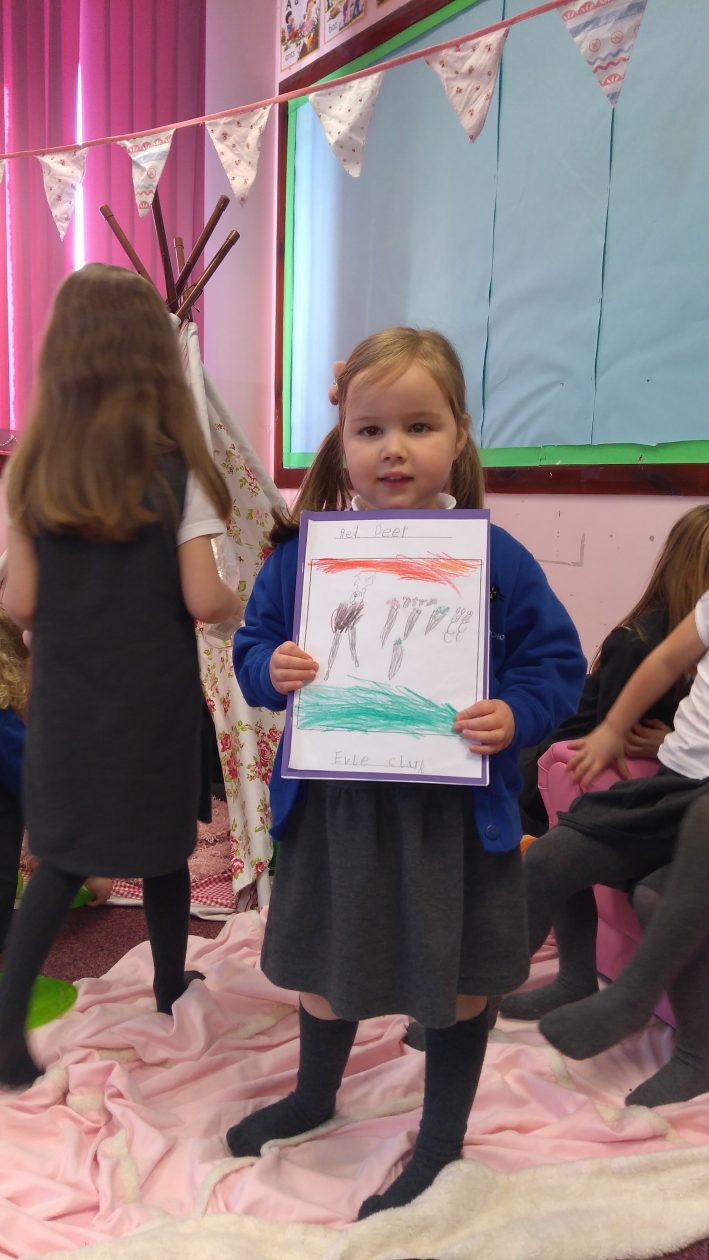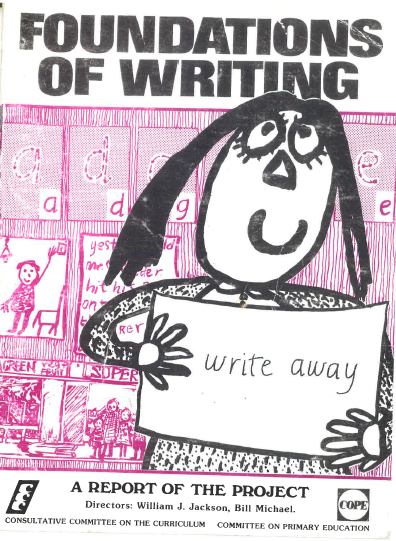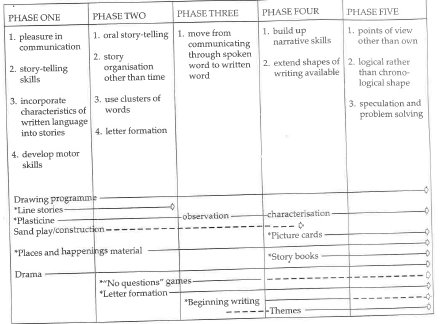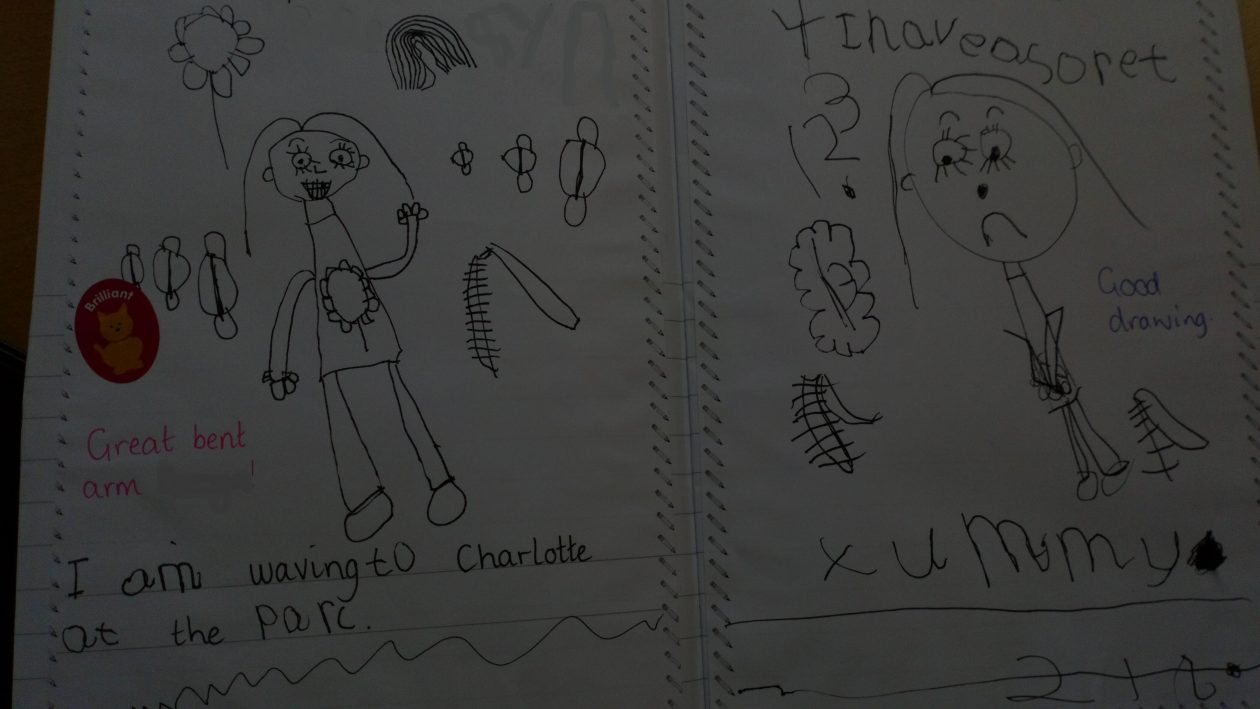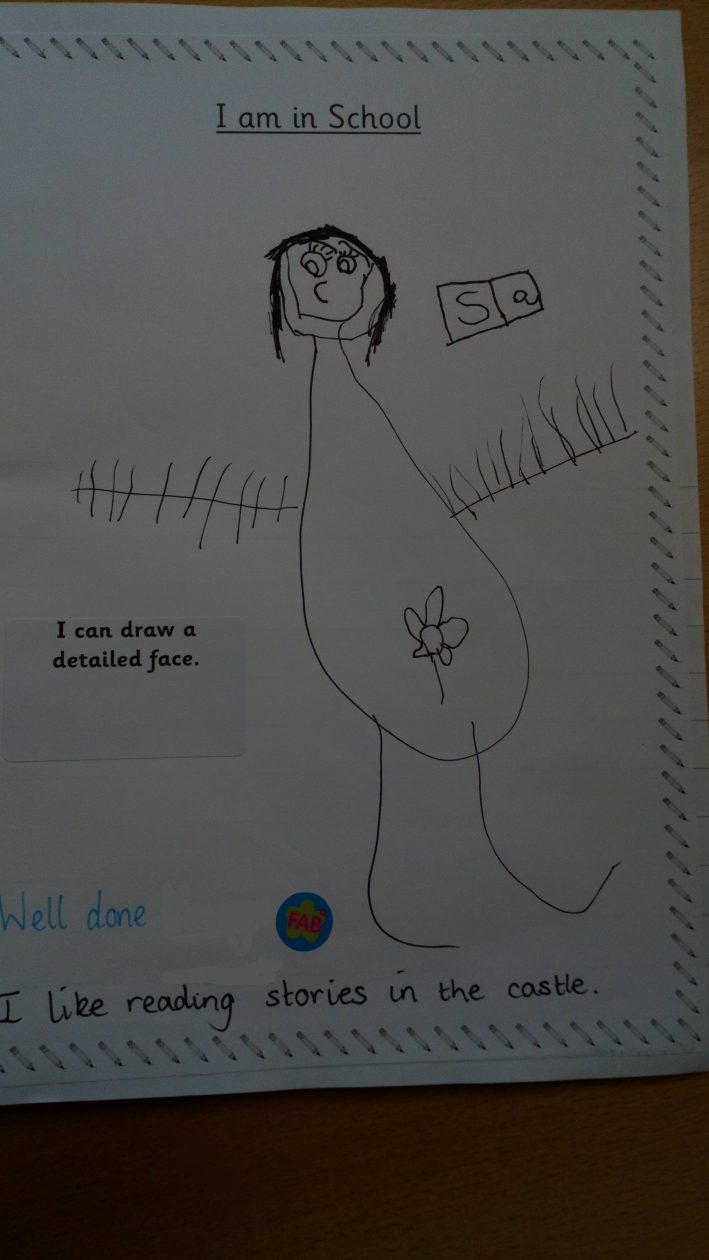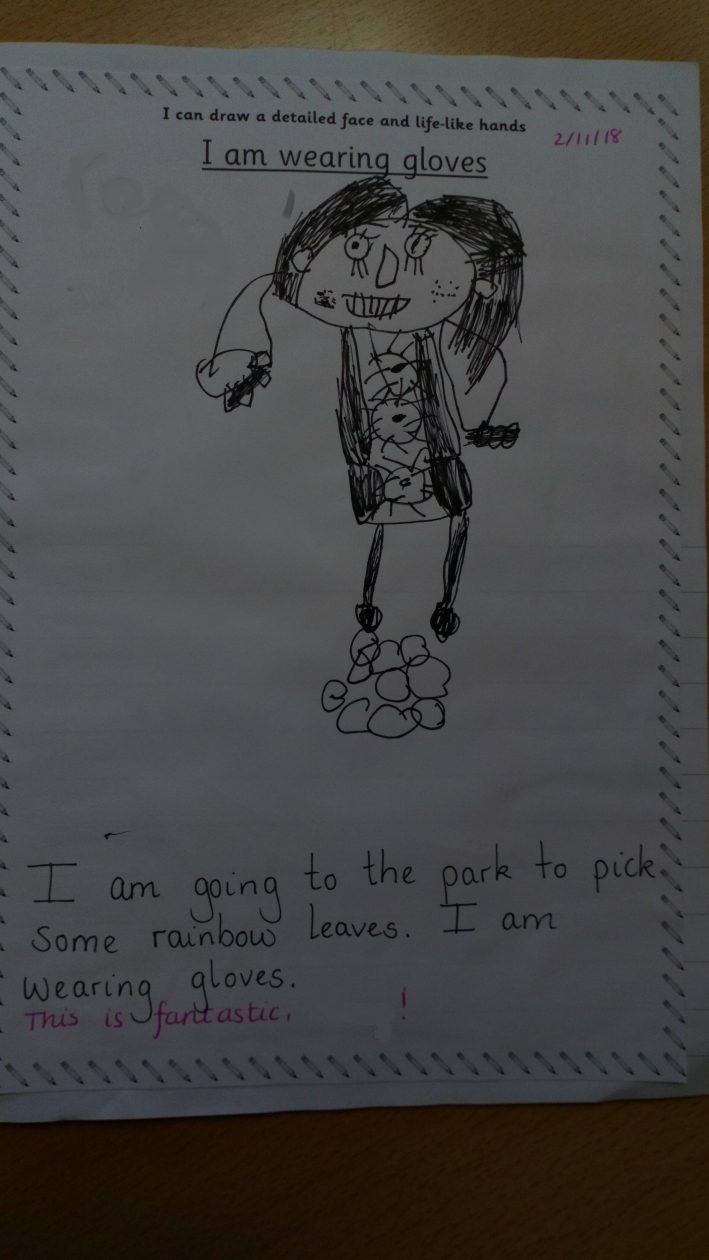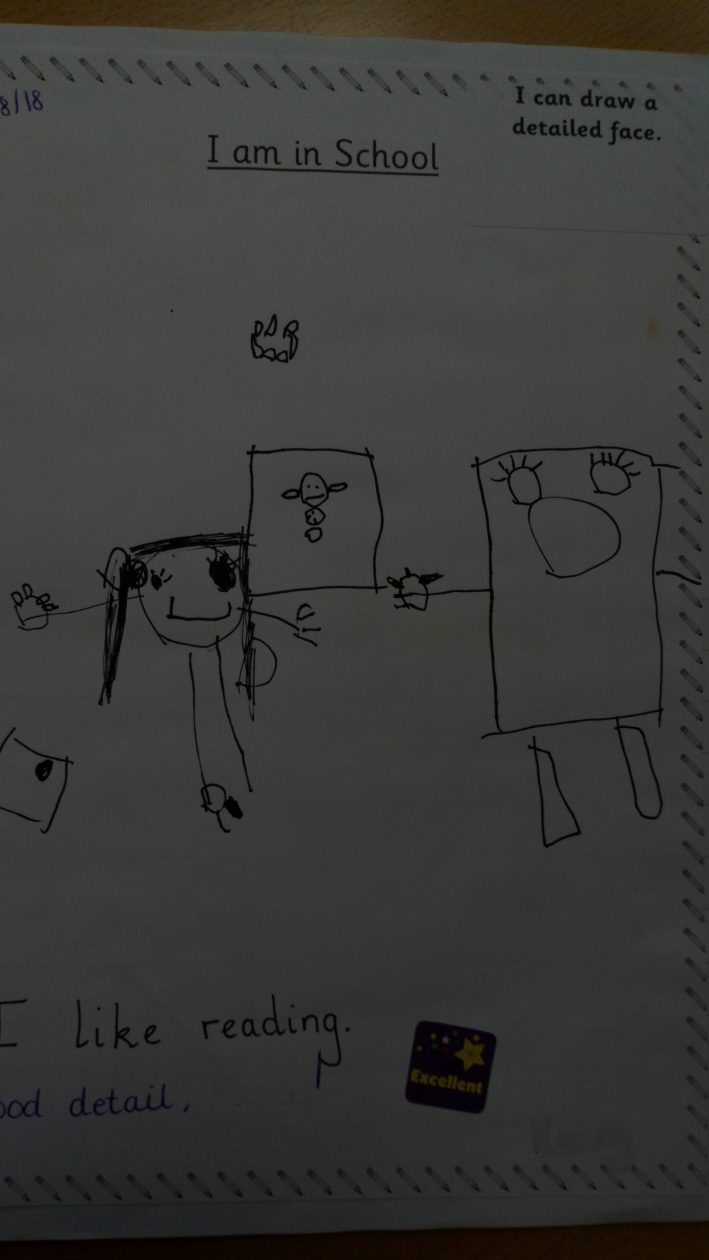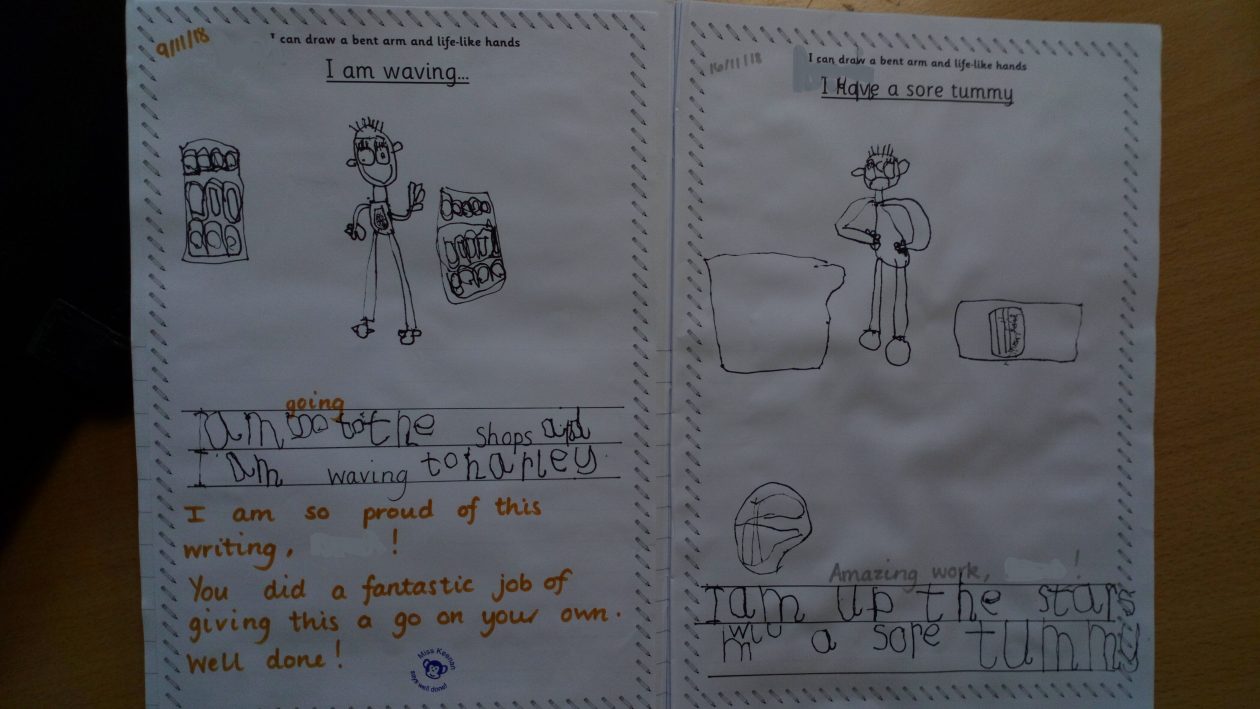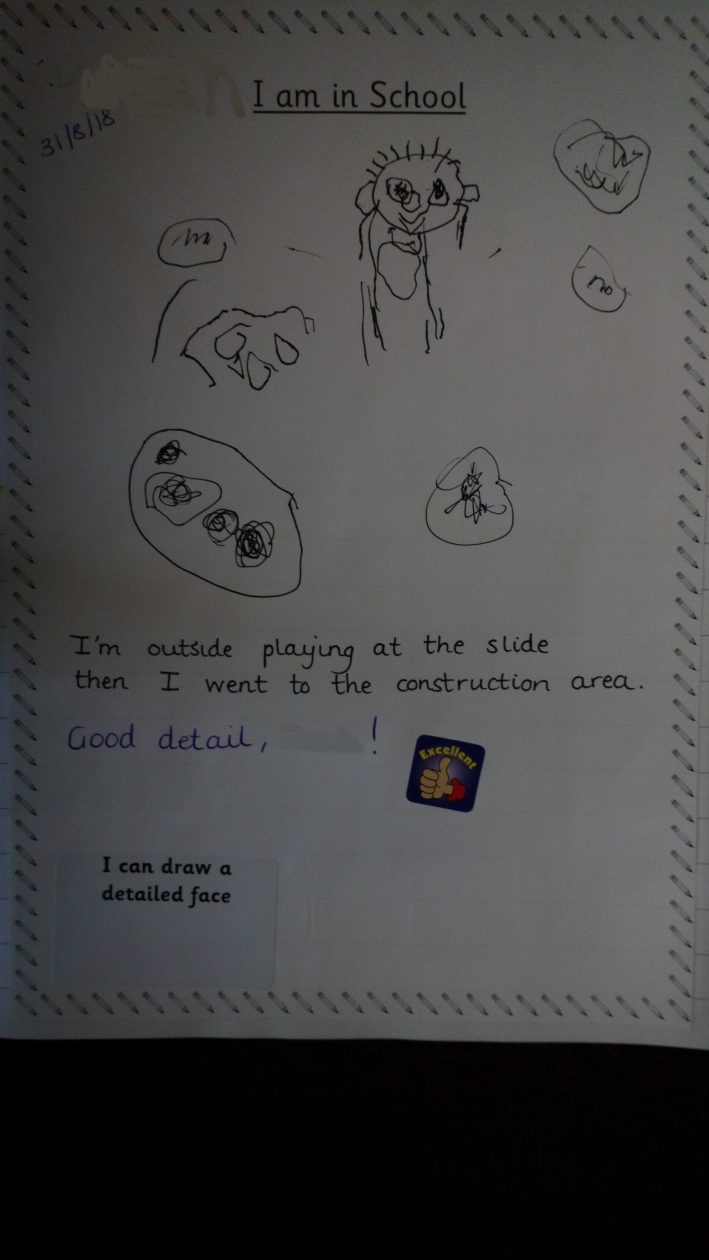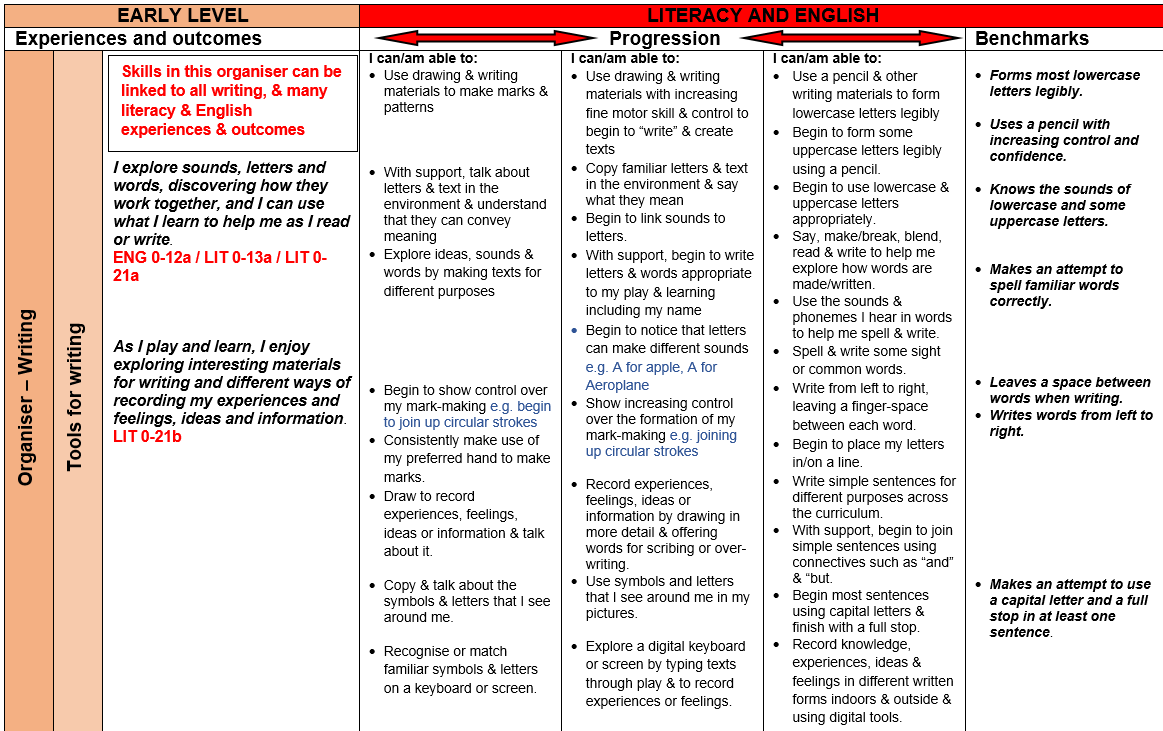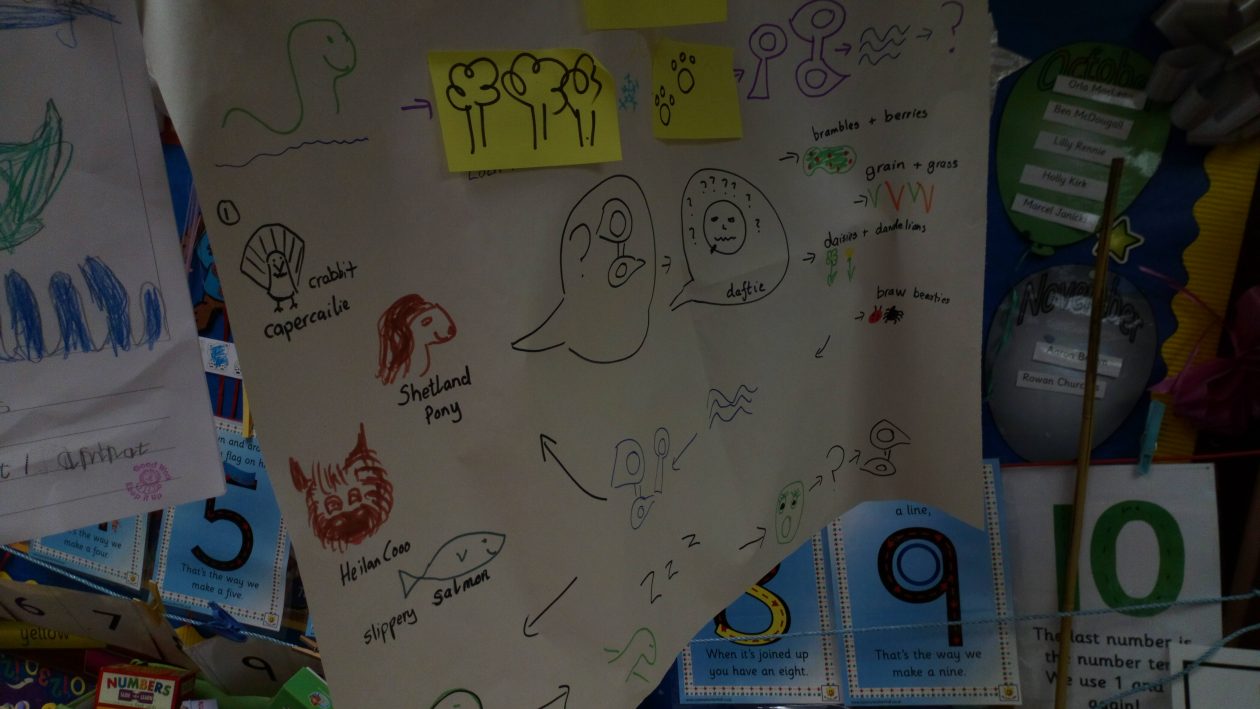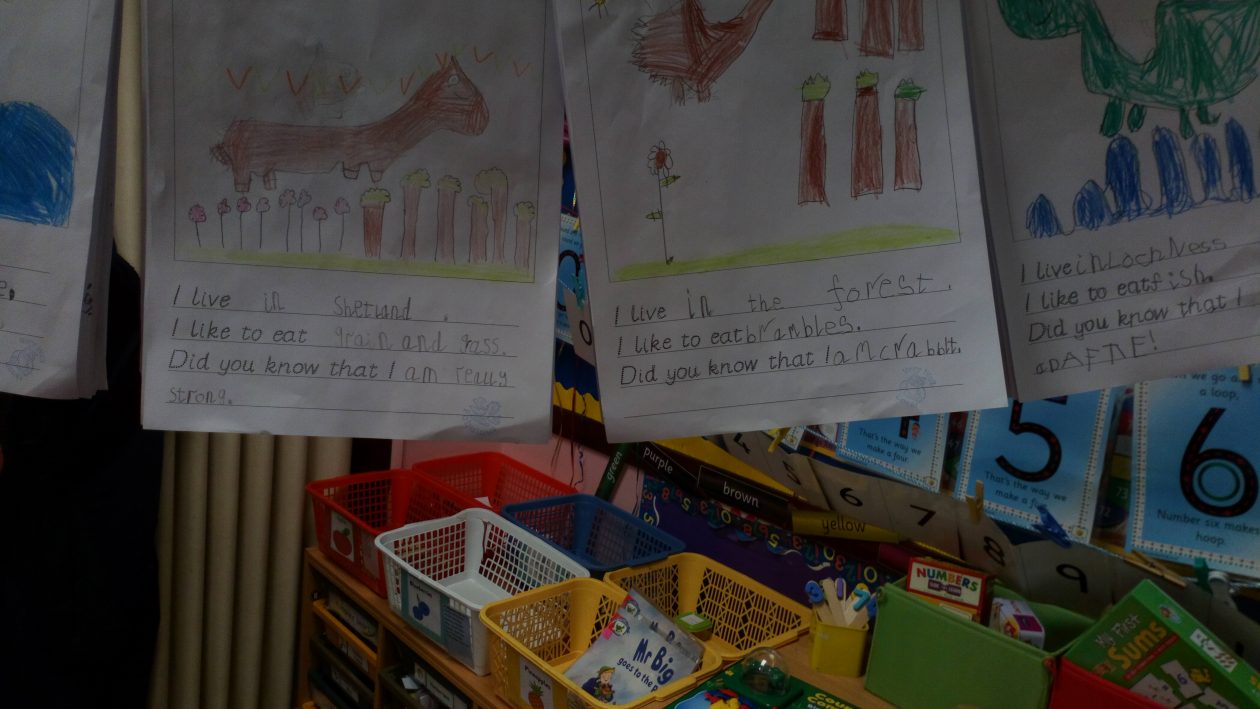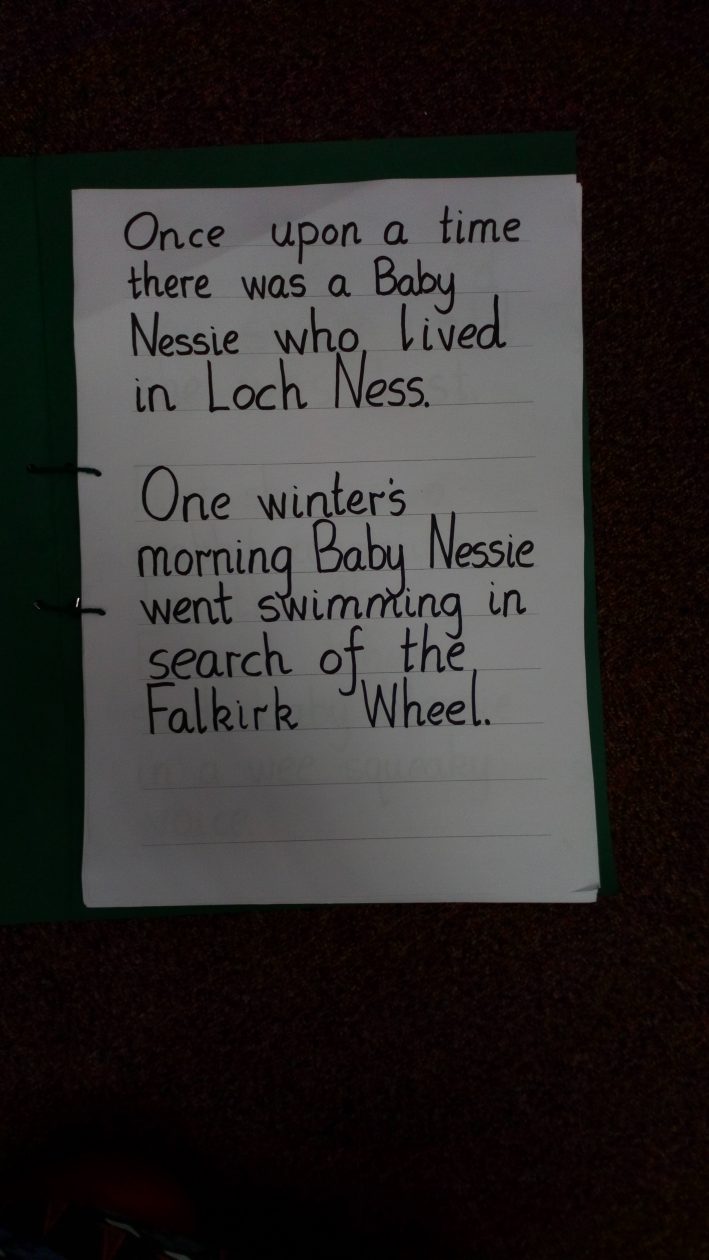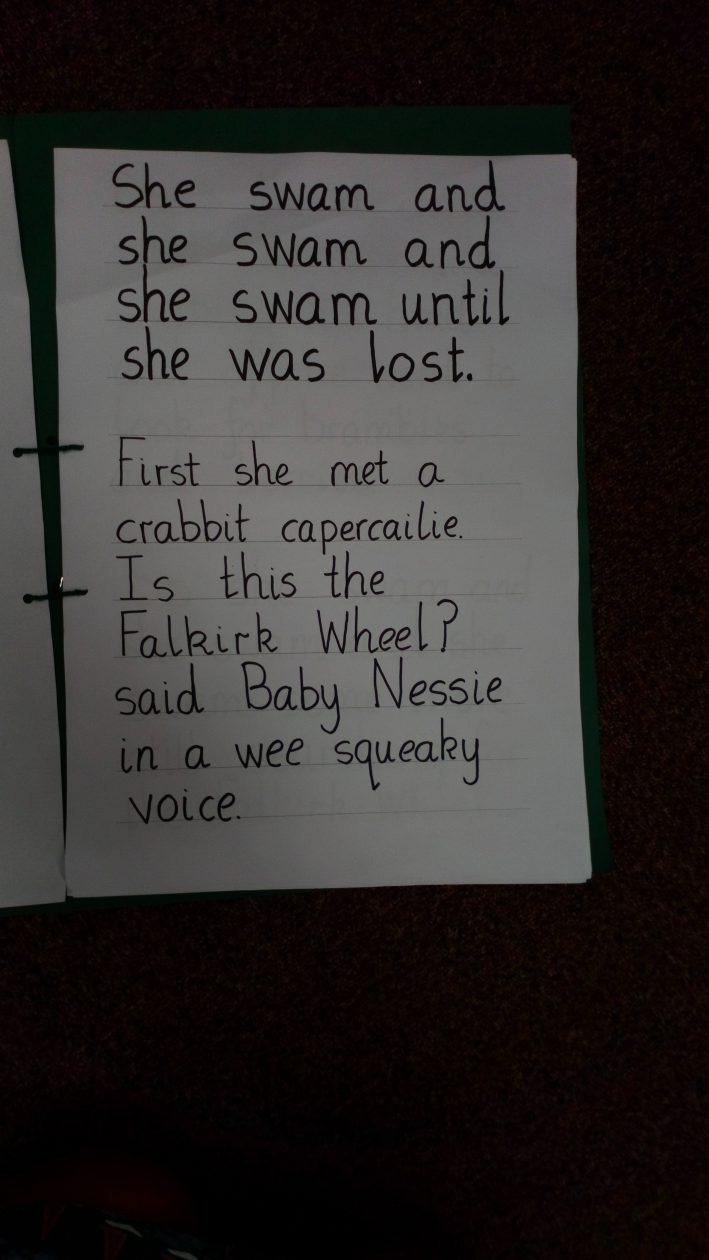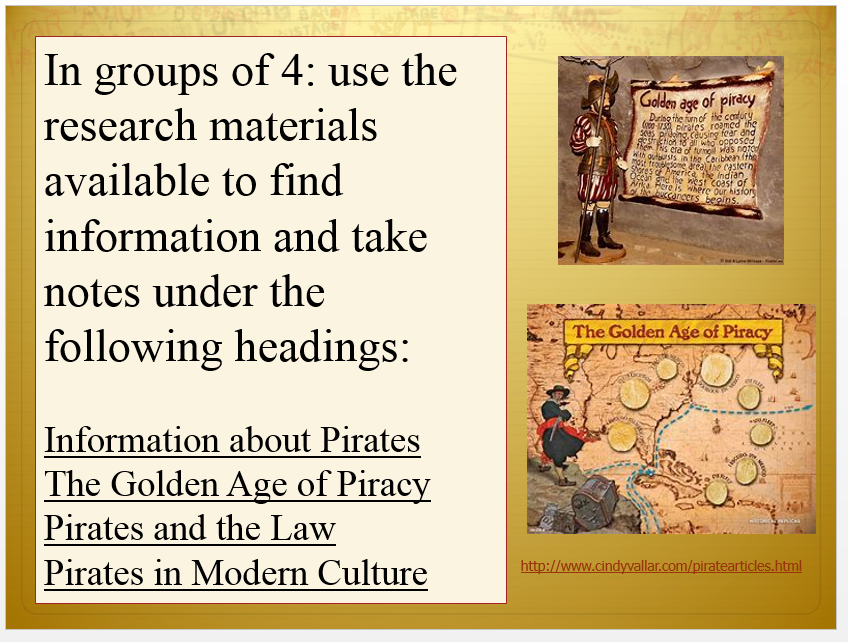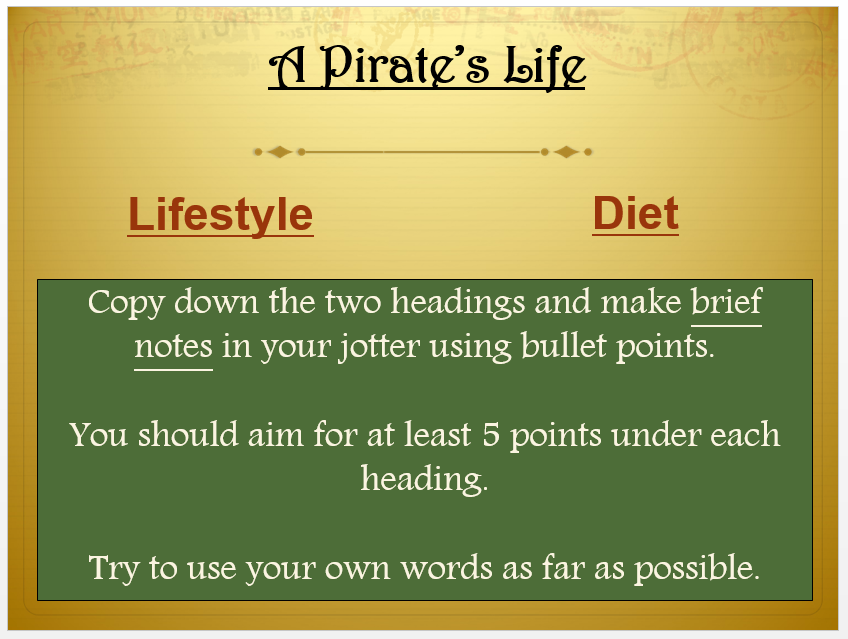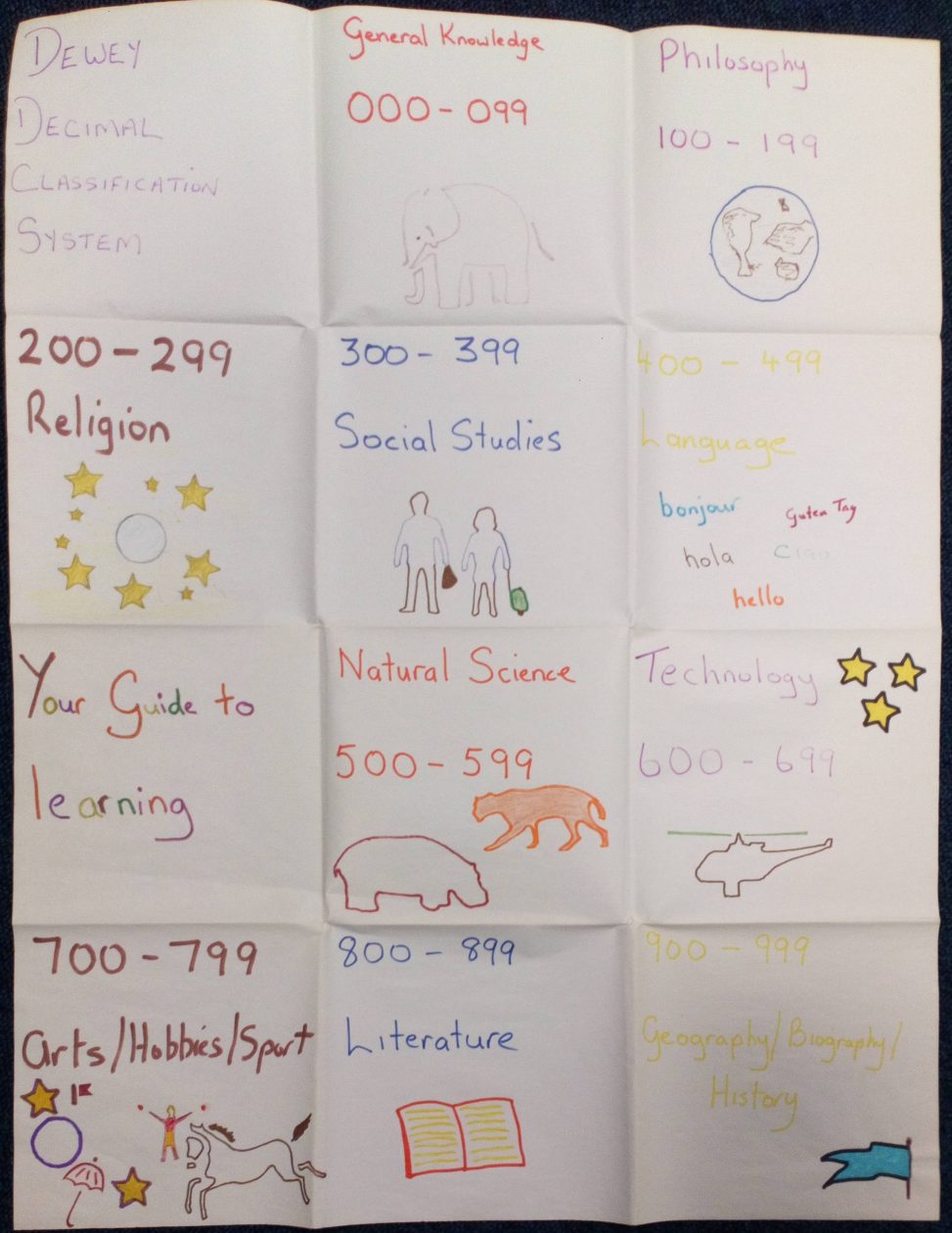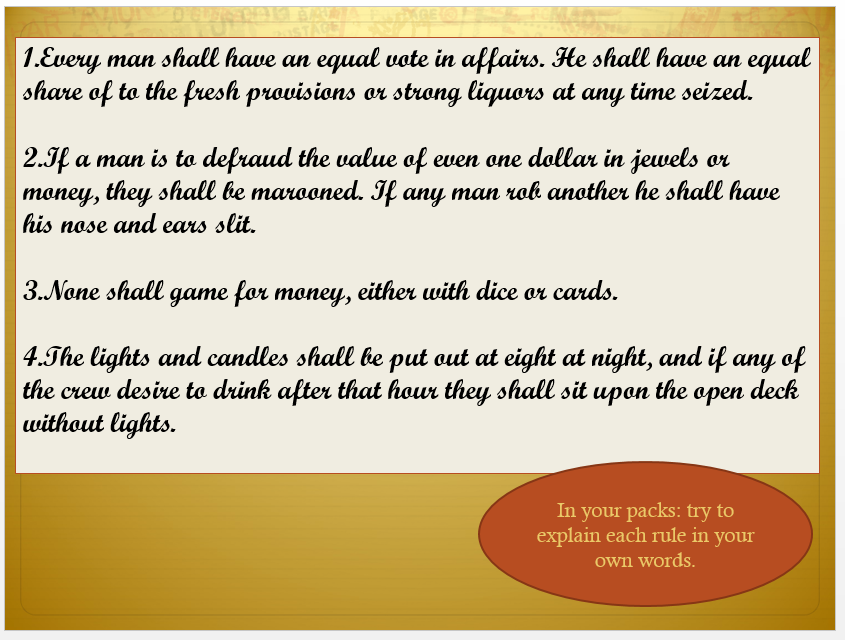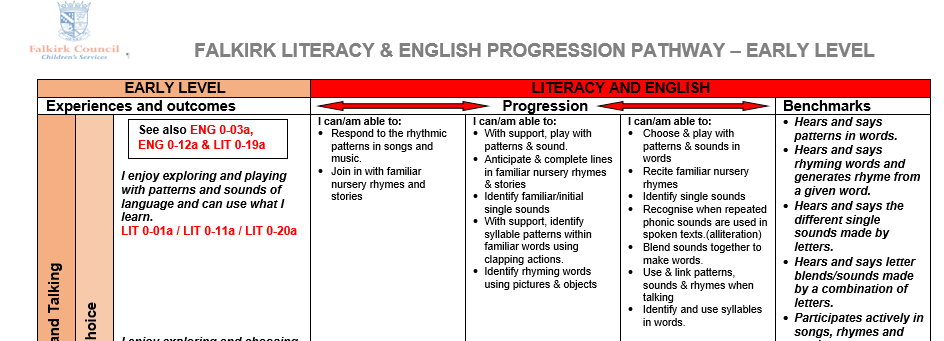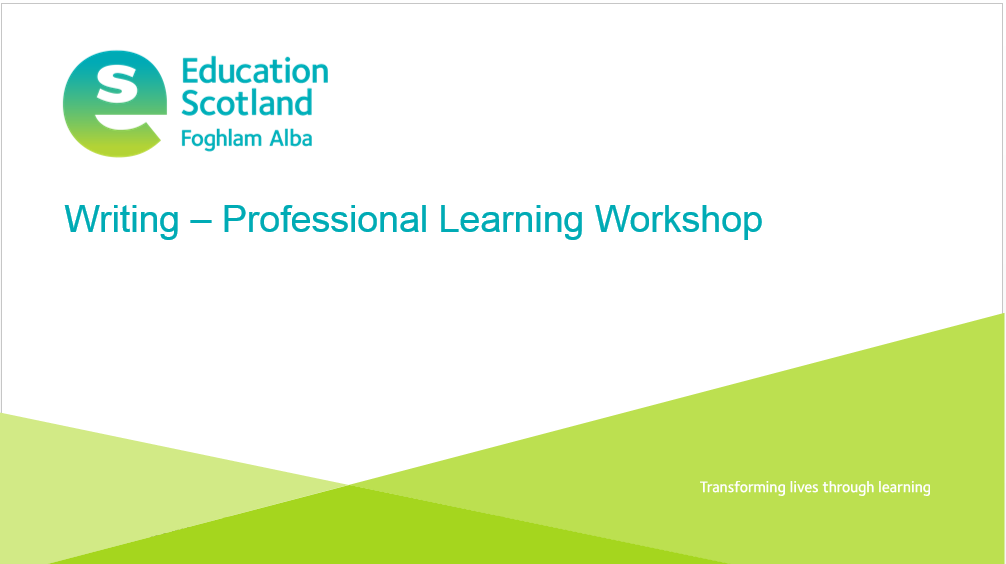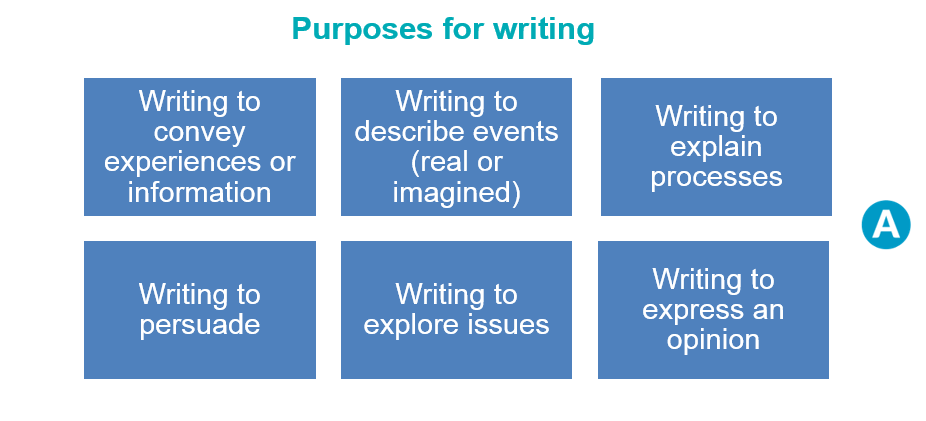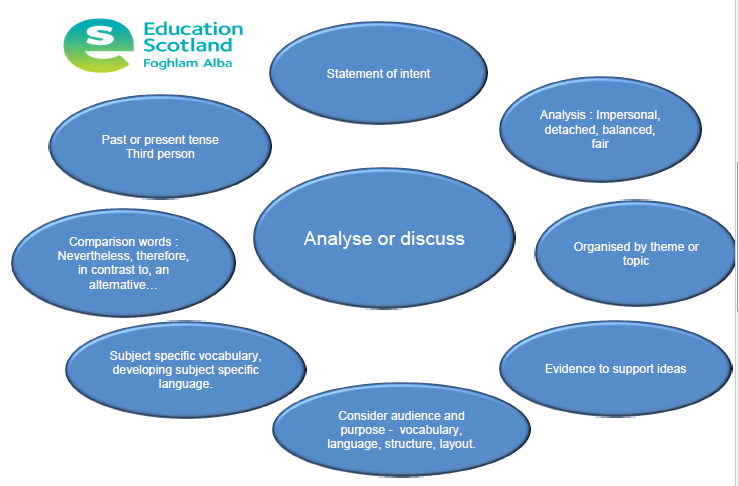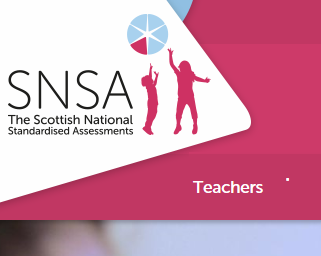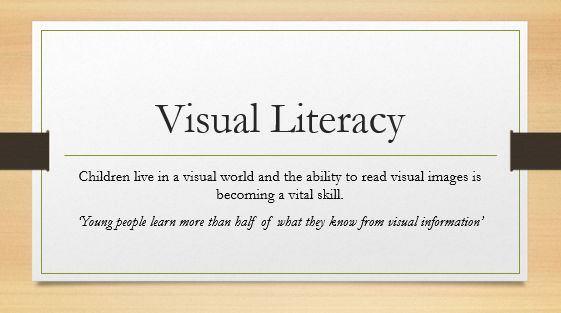
Jonathan Davidson, class teacher at Bantaskin PS and Yvonne McBlain, curriculum support teacher based in Camelon Education Centre, recently collaborated to deliver a new professional learning course called “Exploring inference through visual literacy, thinking skills & questioning”.
These slides from Jonathan’s presentation capture why visual literacy is such an important skill for learning, life and work – particularly in our modern, digital age when children and young people are constantly bombarded by visual information.
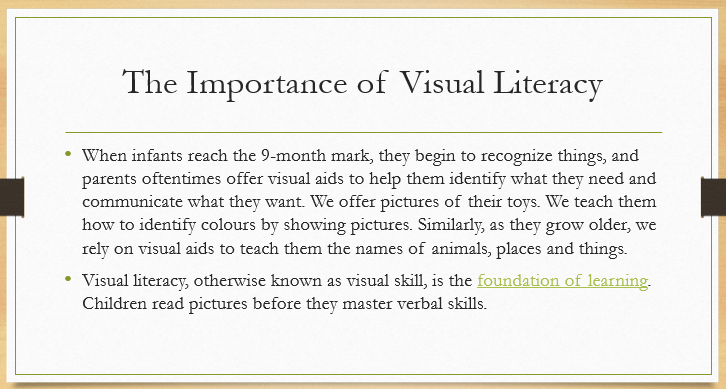
The course began with a practical analysis of a packaged food/drink product – we were asked to examine the visual and literal clues of the package in order to infer the type of customer being targeted. We recognised that this activity was easily adaptable in the classroom and could be part of an interdisciplinary link between literacy, art & design, health and wellbeing or technology, depending on how it was taught.
Jonathan then shared his presentation – click here to view – and led a very successful See-Think-Wonder activity with the group using the picture below. This Making Thinking Visible approach (click here to learn more) is powerfully simple and adaptable for lots of purposes across learning including as an opportunity for pupils to demonstrate their ability to apply their understanding, analysing and evaluating in unfamiliar contexts.
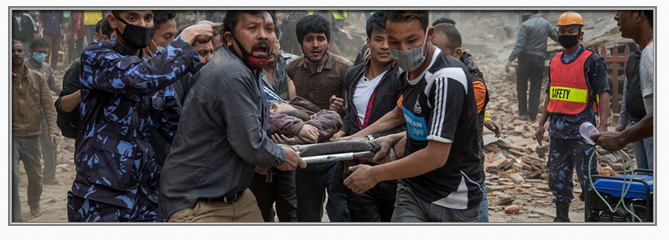
Participants in the course then used the Falkirk Literacy & English Progression Pathways to examine which experiences and outcomes involved the development of understanding of inference. They felt that the most overt development of these skills was in the lines of development for Talking and Listening – Understanding, analysing and evaluating LIT 0-07a – 4-07a and also for the same organiser in Reading LIT 0-16a – 416a & ENG 0-17a -4-17a – see pictures below. However, discussion made it clear that these skills are developed and applied holistically across many literacy and other curricular experiences.

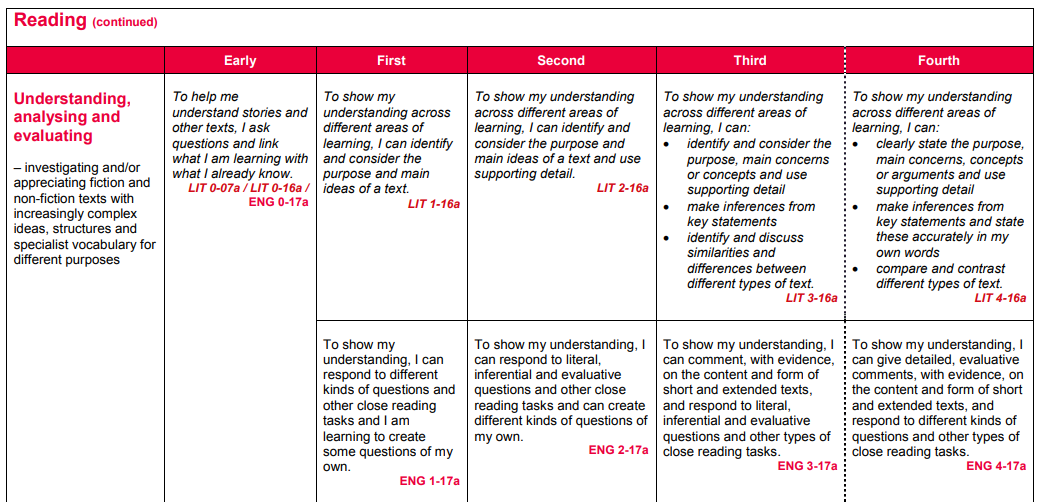
The last part of the session gave participants time to assimilate what they had heard and experienced, then work collaboratively to plan/create a lesson which they could use in their setting. They kindly handed in these ideas so that they could be scanned and shared – click here to access.

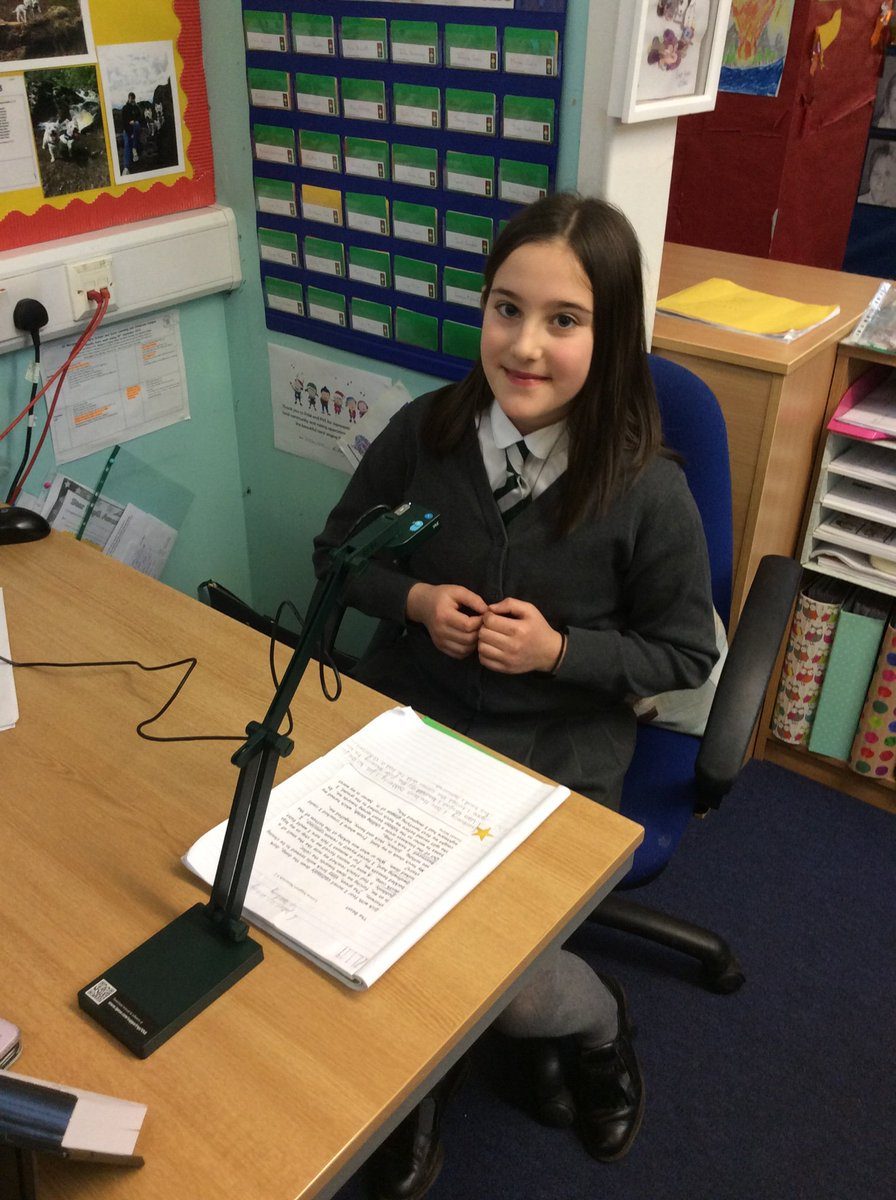 Primary 6 pupils from St Margaret’s PS are delighted to be sharing how they use the visualiser to help them with their writing. A visualiser is a camera that projects your work onto the interactive white board. We put our work under the visualiser so that the class can help us improve our writing. They spot our mistakes and help us improve them.
Primary 6 pupils from St Margaret’s PS are delighted to be sharing how they use the visualiser to help them with their writing. A visualiser is a camera that projects your work onto the interactive white board. We put our work under the visualiser so that the class can help us improve our writing. They spot our mistakes and help us improve them.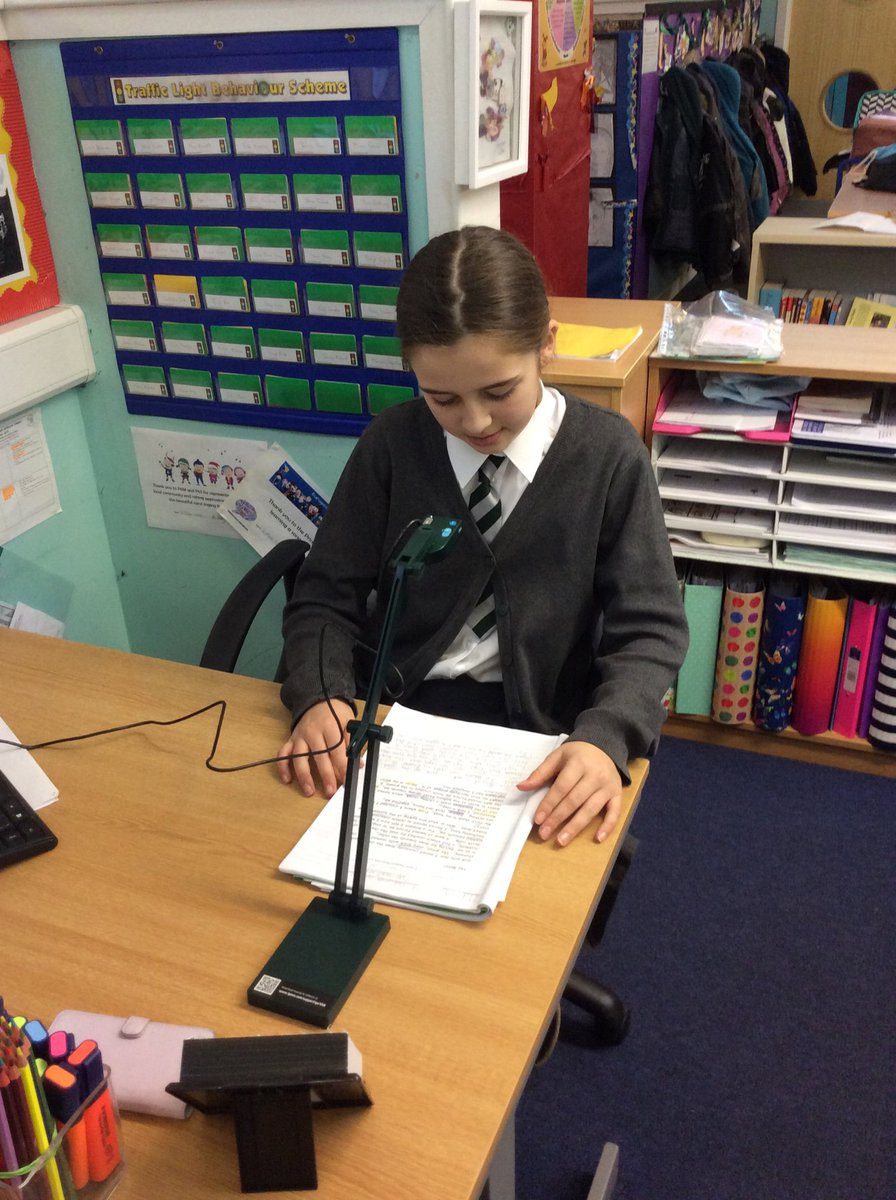
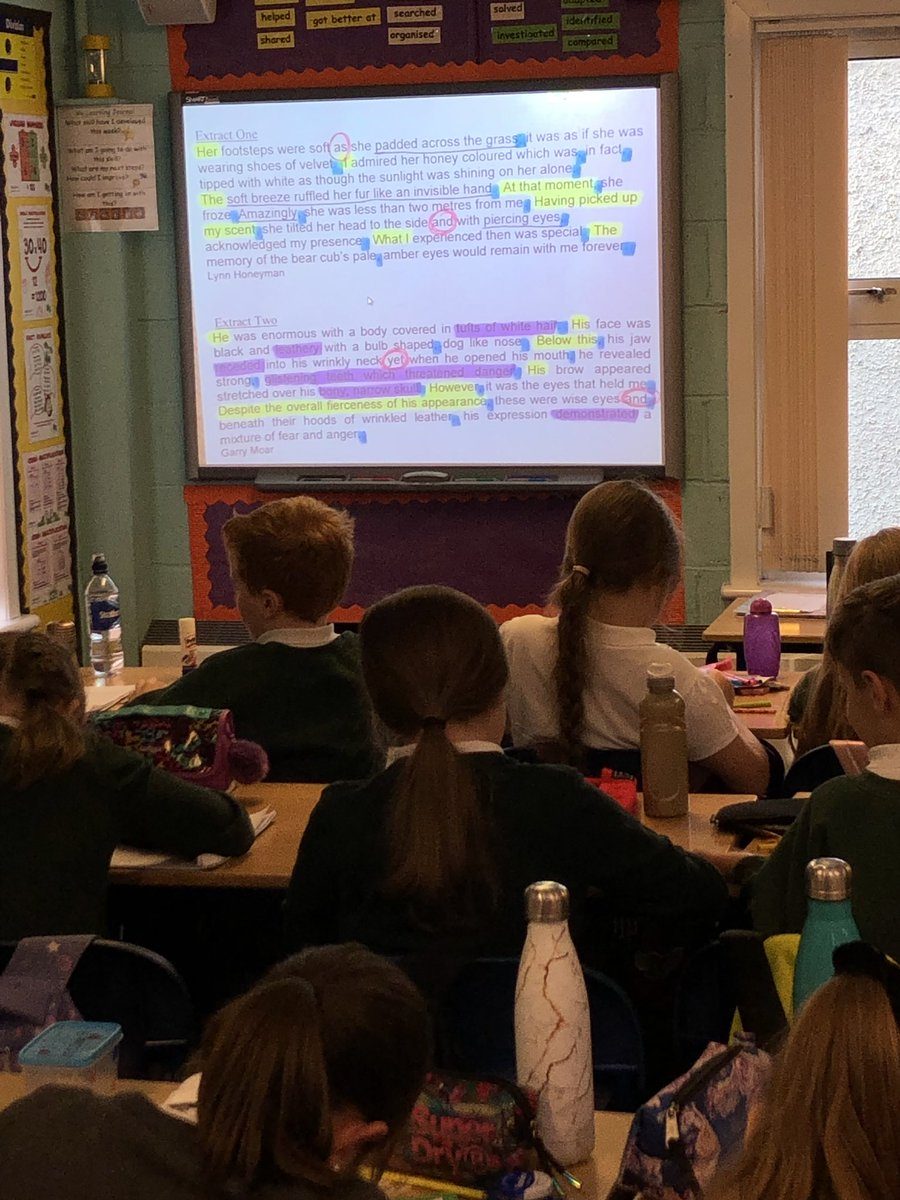 How we use the visualiser
How we use the visualiser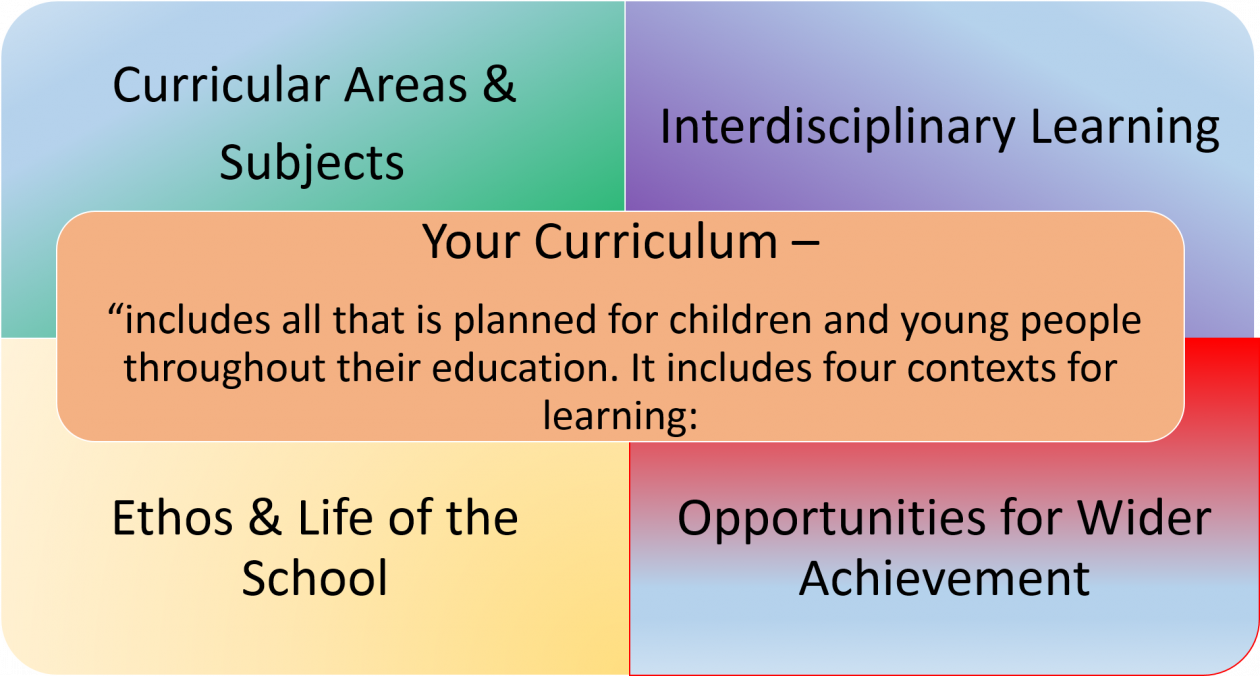
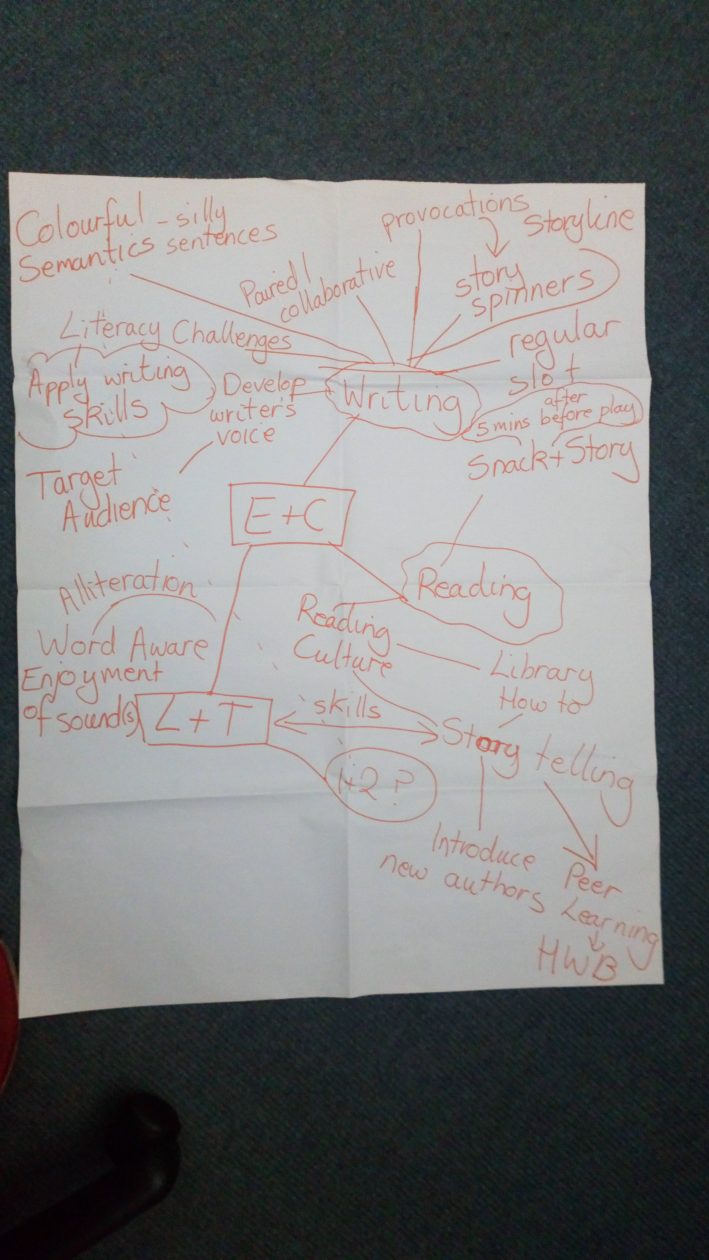
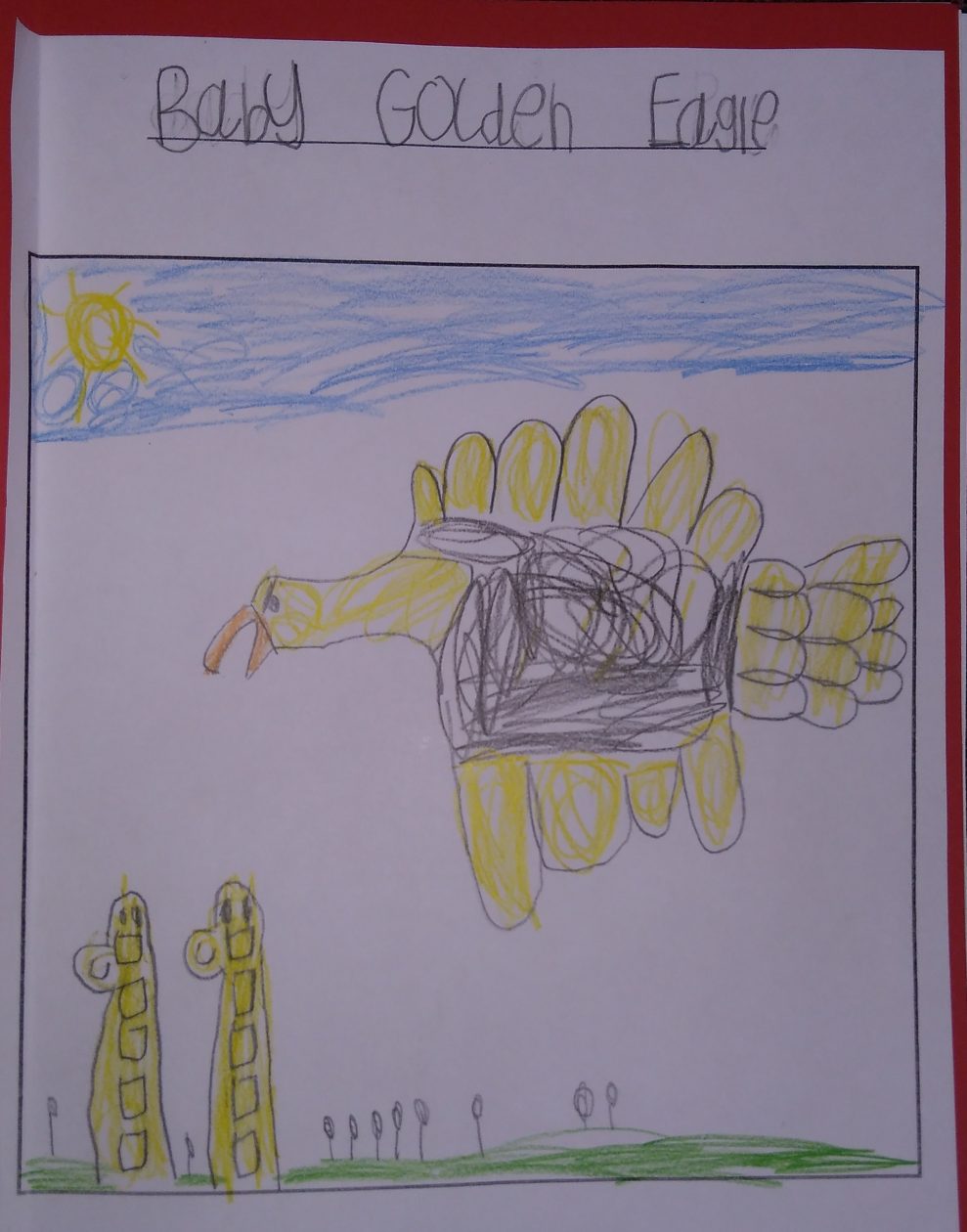
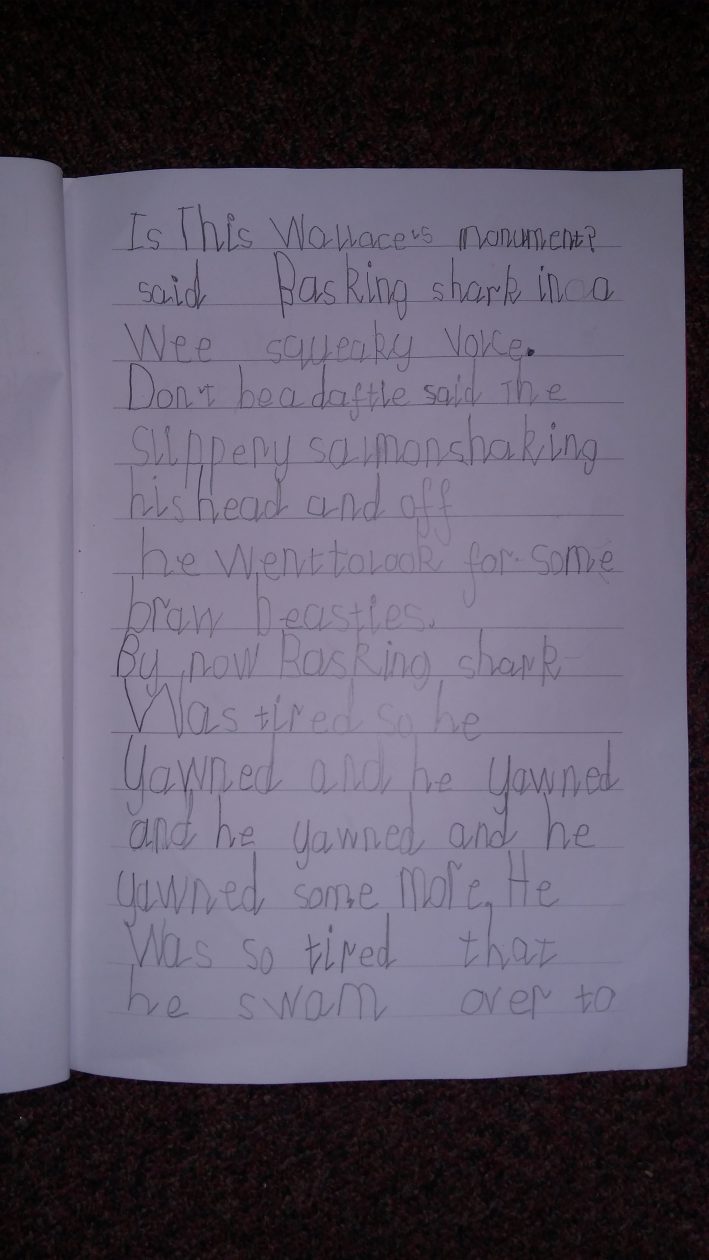 Oliver chose his favourite page of writing and took the photograph on the left – when asked how he felt about it he said “Good, cos it’s very good and I like it.”
Oliver chose his favourite page of writing and took the photograph on the left – when asked how he felt about it he said “Good, cos it’s very good and I like it.”